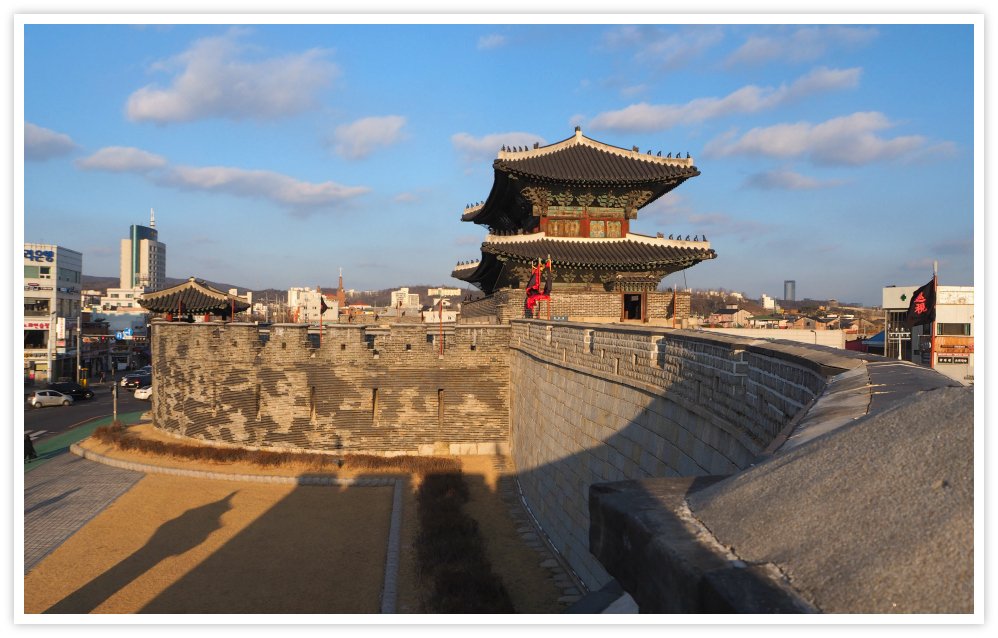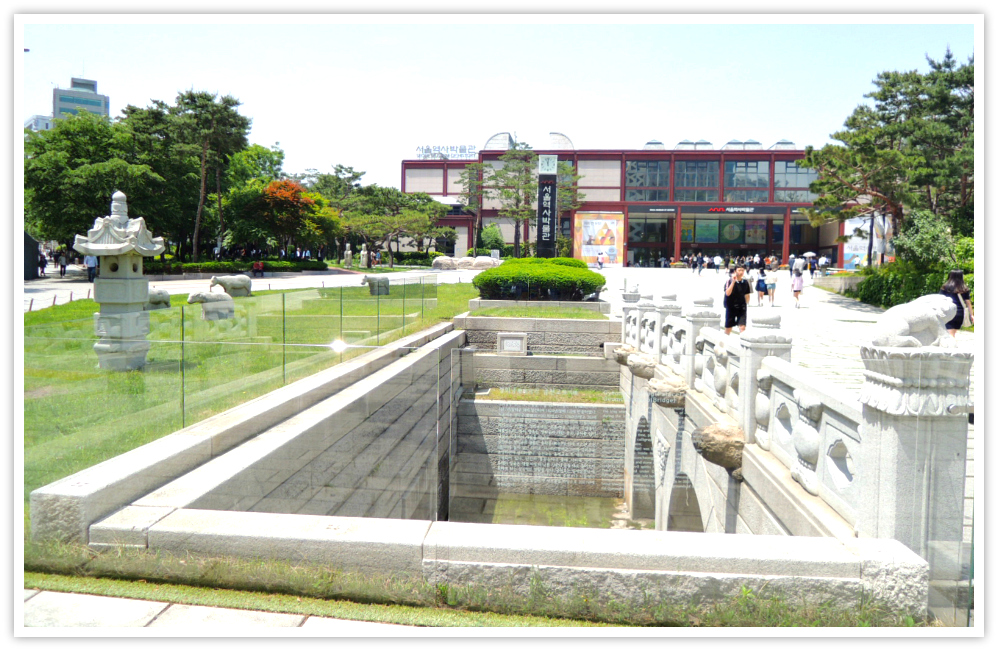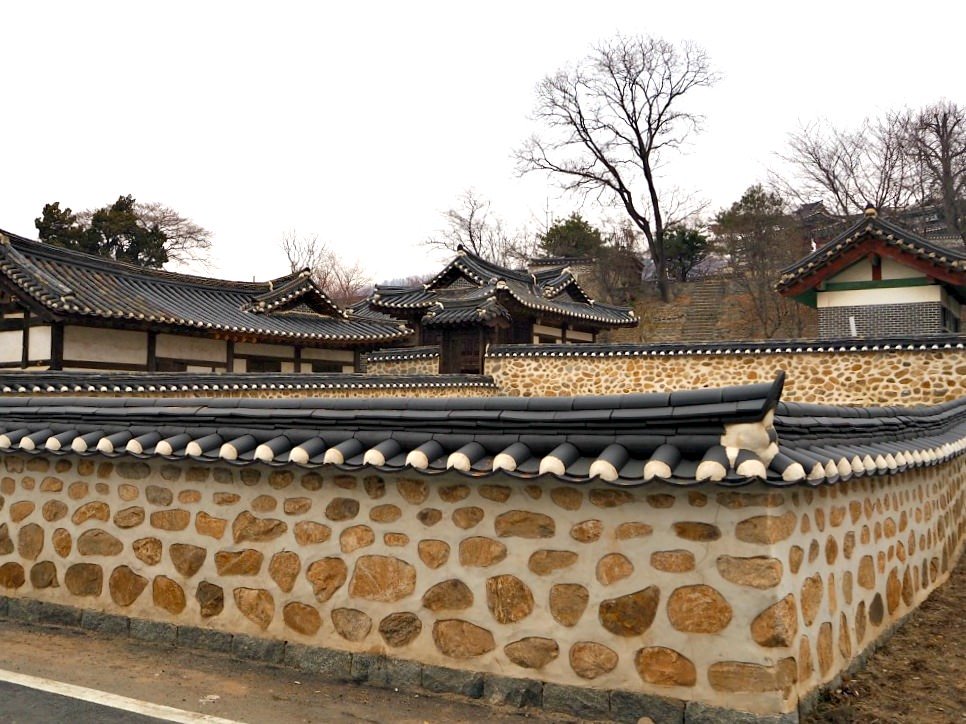Confucianism In Korea
 An image depicting filial piety based on Confucianism in Korea
An image depicting filial piety based on Confucianism in KoreaConfucianism In Korea
The Joseon Dynasty in Korea (1392-1897) is known for its profound impact on Korean society. One of the most significant influences during this period was Confucianism, a central philosophical and ethical system.
Confucianism in Korea was not just a set of beliefs but a way of life that shaped the Korean people's social, political, and cultural values.
In this article, we will explore the influence of Confucianism during the Joseon Dynasty and how it affected various aspects of Korean society.
Social Hierarchy and Filial Piety
Confucianism, a philosophical system developed by the Chinese philosopher Confucius, places great emphasis on social hierarchy and filial piety.
This ethical and moral code emphasizes the importance of respecting authority, adhering to social norms, and showing obedience to elders.
According to Confucian teachings, individuals must prioritize the needs of their family, community, and society over their own desires. It emphasizes the importance of building harmonious relationships and promoting social order through respect, humility, and loyalty.
Five Relationships
The Confucian philosophy of "Five Relationships" was a complex and nuanced system that played a vital role in governing the interactions between people in society. These hierarchical bonds were established between five pairs of individuals, each with its own set of rules and expectations.
The first relationship was between the ruler and subject, where the ruler held ultimate power and responsibility for the well-being of the people. In return, the subjects were expected to obey and support the ruler.
The second relationship was between father and son, where the father was the head of the household and responsible for the upbringing and education of his children. In return, the son was expected to respect and obey his father.
The third relationship was between husband and wife, where the husband was the head of the household and responsible for providing for and protecting his family. The wife was expected to be obedient and supportive of her husband.
The fourth relationship was between elder brother and younger brother, where the elder brother had a responsibility to guide and protect his younger brother. In return, the younger brother was expected to respect and obey his elder brother.
The fifth and final relationship was between friends, where mutual trust and respect were the foundation of the bond. Friends were expected to support each other in times of need and offer honest advice and criticism when necessary.
Overall, these relationships were based on mutual respect, trust, and responsibility, and they aimed to create a harmonious and orderly society. The "Five Relationships" philosophy continues to influence many aspects of East Asian culture and society to this day.
Filial Piety (respect for parents and ancestors)
One of the core beliefs of Confucianism was the utmost importance of filial piety among the five relationships. This concept was based on the idea of showing reverence and respect towards parents and ancestors.
According to Confucianism, filial piety was not just a virtue, but also the foundation of all virtues and the cornerstone of social order.
Therefore, the philosophy of Confucianism encouraged people to uphold and embrace the values of filial piety and respect towards elders, as it was considered the key to creating a harmonious and just society. B
y emphasizing the importance of filial piety, Confucianism aimed to cultivate individuals who would exhibit selfless devotion, loyalty, and respect towards their parents and ancestors, thereby contributing to a stable and prosperous society.
Civil Service Examinations
During the Joseon dynasty, which lasted from the late 14th to the late 19th century in Korea, a merit-based civil service system was established, primarily influenced by Confucian ideals.
Candidates were tested on their knowledge of Confucian classics through the Gwageo exams.
Those who successfully passed these exams became known as scholars-officials (yangban) and were appointed to key positions in the government, such as advisors to the king, judges, and military commanders.
This system aimed to ensure that competent individuals were chosen for positions of power based on their abilities and knowledge rather than their social status or family background, which was a significant departure from previous practice.
Education and Literacy
Confucianism, a philosophical and ethical tradition in China, greatly emphasizes education to achieve virtue and moral excellence.
In Korea, Confucianism played a significant role in shaping the country's culture and society, particularly regarding education. Seowon, which were Confucian academies established during the Joseon Dynasty, was instrumental in promoting learning and intellectual development among the Korean people.
These academies provided students with a well-rounded education, including Confucian classics and literature, history, and science subjects.
Additionally, King Sejong, one of Korea's most revered monarchs, significantly contributed to the country's literacy by creating Hangeul, the Korean script. This script was designed to be simple and easy to learn, making it accessible to a broader range of people and significantly increasing literacy rates across Korea.
Ethics and Morality
The ethical principles of Confucianism played a crucial role in shaping personal behavior during ancient times.
The Injeongjeon, also known as the Hall of Benevolent Governance, was an architectural masterpiece that symbolized just rule and was a significant part of the royal palaces in Korea.
Moreover, Neo-Confucianism emerged as a new philosophical movement that blended the teachings of Confucianism with elements of Buddhism and Taoism, leading to a new understanding of morality, spirituality, and the universe.
Gender Roles and Family Structure
In traditional Chinese society, Confucian norms played a significant role in reinforcing patriarchal values and beliefs.
Women were expected to conform to specific gender roles centered on domestic duties such as cooking, cleaning, and child-rearing. These roles were seen as essential to maintaining a stable and harmonious household.
Additionally, ancestral rites were considered crucial for family cohesion, as they served to honor and remember one's ancestors and preserve the family's lineage.
The performance of these rites was typically the responsibility of the eldest male member of the family, further emphasizing the importance of male authority and leadership within the family structure.
Art, Literature, and Architecture
The influence of Confucian aesthetics on various forms of traditional art is profound. The principles of Confucianism have shaped how painting, calligraphy, and architecture are executed and appreciated.
The application of these principles is particularly evident in the Joseon palaces.
The meticulous attention to detail and the emphasis on balance and harmony in the design and construction of these palaces are testaments to the enduring influence of Confucian philosophy on Korean culture.
Legacy
Confucianism in Korea originated in China and has significantly influenced Korean culture, ethics, and values.
The teachings of Confucius, such as respect for authority, the importance of education, and the value of decorum and social order, have shaped governance, education, and social norms in Korea for centuries.
Confucianism's emphasis on family, relationships, and responsibility has also shaped Korean society.
As a result, many aspects of Korean culture, including its language, art, and literature, have been deeply influenced by Confucian ideas, and its legacy continues to endure today in modern Korean society.
In summary, Confucianism in Korea profoundly impacted Joseon society, leaving an indelible mark on Korean history and identity.
The Confucian Classics
The Confucian classics hold immense significance in traditional Chinese culture and philosophy. These texts, written before 300 BCE, are attributed to Confucius or his disciples. Let's explore the key ones:
During the Song dynasty, intellectual Zhu Xi selected Four Books (四書; Sìshū) to serve as a general introduction to Confucian thought. These books are...
1. Great Learning (大學): Originally a chapter in the Book of Rites, it is attributed to Confucius and his disciple Zengzi. The book emphasizes learning as the gateway to virtue.
2. Doctrine of the Mean (中庸): Another chapter in the Book of Rites is attributed to Confucius's grandson Zisi. The book advocates the golden way to attain perfect virtue.
3. Analects (論語): This book is a compilation of speeches by Confucius and his disciples. It has profoundly influenced Chinese and East Asian moral values.
4. Mencius (孟子): This book contains conversations of the scholar Mencius with kings and explores ethical and political themes.
The Five Classics (五經; Wǔjīng) formed the core of the Confucian canon and include:
1. Book of Odes (詩經): A collection of ancient poems and songs.
2. Book of Documents (尚書): Historical records and speeches.
3. Book of Changes (易經): A divination text.
4. Book of Rites (Confucius's ceremonies, and social norms.
5. Spring and Autumn Annals (春秋): A chronicle of events during Confucius's time. These classics profoundly shaped Confucian ethics, governance, and education for centuries, leaving an enduring legacy in East Asia.
Sources:
- https://en.wikipedia.org/wiki/Four_Books_and_Five_Classics
- https://academics.hamilton.edu/asian_studies/home/culttemp/sitePages/fiveclassics.html
- https://www.encyclopedia.com/philosophy-and-religion/eastern-religions/buddhism/confucian-classics
- https://academic.oup.com/edited-volume/45499/chapter/392457387
Get Exciting Activities
Book one of our exciting activities today to experience the thrill of a lifetime! Take advantage of this opportunity and secure your spot in advance.
Hotel Map Guide
Find your affordable, accessible, and comfortable hotel in Seoul at Agoda.Com. See the hotel map below...
Hotel Booking Guide
Find affordable and amazing hotels on Agoda.com using the search box below. Book now to enjoy great discounts and save!







New! Comments
What do you think about this page? Leave me a comment in the box below.